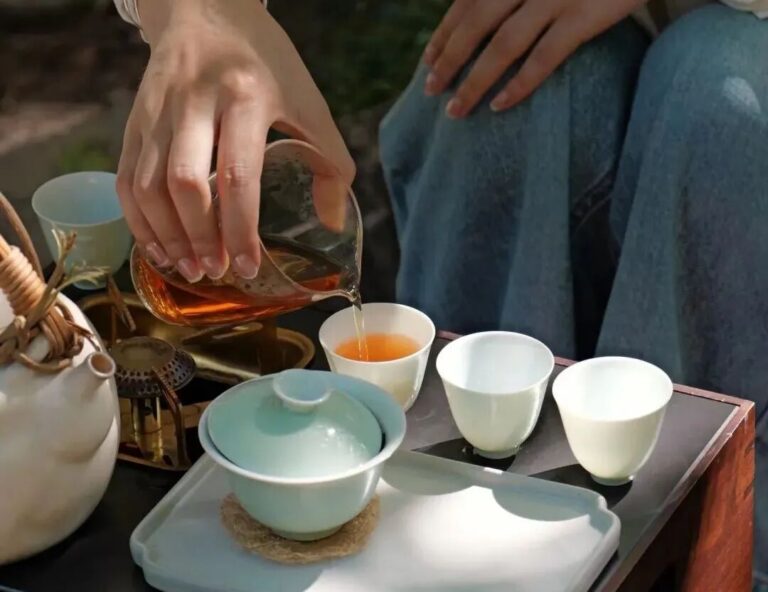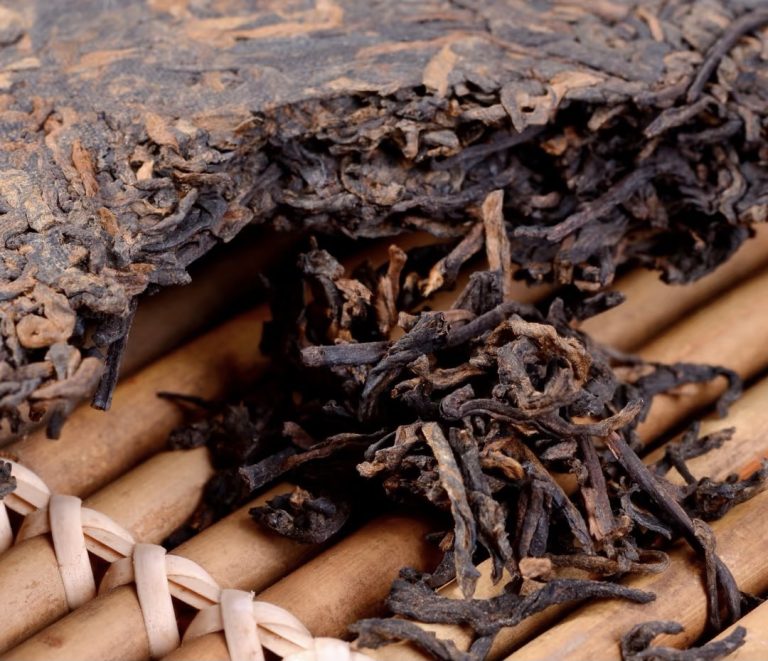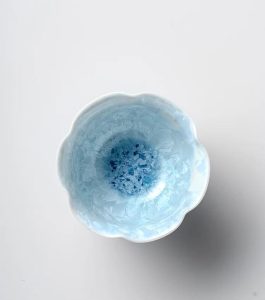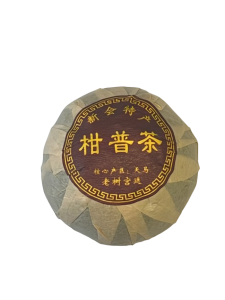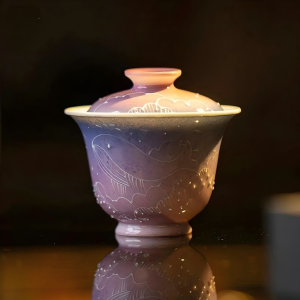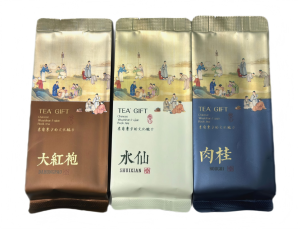
The health benefits of Chinese tea are a cornerstone of wellness, blending ancient wisdom with modern science. For thousands of years, Traditional Chinese Medicine (TCM) has celebrated tea not just as a beverage, but as a powerful elixir for balancing the body’s vital energy, or “Qi.” Today, scientific research affirms what practitioners have long known: a simple cup contains a wealth of compounds that enhance physical and mental well-being. This guide explores the profound advantages of integrating this timeless tradition into your daily life, and for those new to the topic, our Ultimate Guide to Chinese Tea Types provides an excellent starting point.
Chinese Tea Benefits at a Glance
Before we dive deep, this table offers a quick summary of the star benefits of each major tea category.
| Tea Type | Primary Benefit | Key Active Compound |
| Green Tea | Potent antioxidant, boosts brain function | Catechins (EGCG) |
| White Tea | Promotes skin health, supports immunity | Polyphenols |
| Oolong Tea | Enhances metabolism, aids weight management | Polyphenols, Caffeine |
| Black Tea | Supports heart health, provides stable energy | Theaflavins |
| Pu-erh Tea | Aids digestion, supports gut health | Probiotics, Theabrownin |
Green Tea: A Powerful Antioxidant for Heart & Mind
Famous for its health properties, green tea is minimally processed, which preserves a high concentration of EGCG (Epigallocatechin gallate), a potent antioxidant.
- Supports Heart Health: Studies show that green tea can help lower LDL (bad) cholesterol and improve artery function, reducing the risk of heart disease.
- Enhances Brain Function: The combination of caffeine and L-theanine provides a stable, gentle energy boost without the jitters of coffee. It can improve focus, mood, and cognitive performance.
- Boosts Metabolism: The catechins in green tea are known to increase metabolic rate and promote fat oxidation, making it a great companion for weight management.
White Tea: The Ultimate Skin & Immune Protector
As the least processed of all teas, white tea is harvested from young leaves and buds. This gentle handling preserves its high levels of polyphenols.
- Promotes Skin Health: The antioxidants in white tea fight free radicals that can accelerate aging. It helps protect the skin’s collagen and elastin, maintaining a youthful complexion.
- Strengthens the Immune System: Its powerful antibacterial properties can help fortify your body’s defenses against common illnesses.
Oolong Tea: Your Partner in Metabolism Regulation
Oolong tea sits between green and black tea in terms of oxidation, offering a unique combination of benefits. It is particularly known for its role in metabolic health. One of the most famous varieties, Dan Cong, is a perfect example of oolong’s complexity, a topic we explore in our article, “Guide to Oolong Tea Types?“.
How does oolong tea boost metabolism?
Oolong tea activates enzymes that help your body use stored fat for energy, making it a popular choice for weight management.
- Aids in Weight Management: Regular consumption can help increase energy expenditure and fat oxidation.
- Regulates Blood Sugar: Some research suggests that oolong tea may help improve insulin sensitivity, making it beneficial for those managing blood sugar levels.
Internal Link Idea: Ready to try a high-quality oolong? Explore our Oolong Tea collection here.
Black Tea: For a Healthy Heart and Mind
Fully oxidized, black tea has a robust flavor and a different set of beneficial compounds called theaflavins.
- Improves Cardiovascular Health: Theaflavins help reduce cholesterol and support overall heart function.
- Provides Stable Energy: Like green tea, it contains caffeine but is balanced by L-theanine, offering sustained alertness.
Pu Erh Tea: The Digestive Health Champion
Pu-erh is a fermented tea prized in TCM for its digestive benefits. The fermentation process creates unique microorganisms beneficial for gut health.
Why is Pu Erh tea good for weight loss?
This tea is famous for its ability to aid in the digestion of greasy foods and metabolize fat.
- Promotes Healthy Digestion: It helps break down rich foods and can soothe an upset stomach.
- Supports Weight Loss: Pu-erh has been shown to reduce fat accumulation and suppress fatty acid synthesis.
- Aids in Detoxification: It supports liver function, helping the body cleanse itself of toxins.
Internal Link Idea: To experience a truly exceptional aged tea, consider our Pu Erh Tea – Wild Ancient Tree Raw Materials.
How to Brew Chinese Tea for Maximum Benefits

To fully unlock the health benefits of Chinese tea, proper brewing is essential. While the tips below are a great start, the method can vary significantly by tea type. For example, mastering how to brew Pu-erh tea is an art in itself that unlocks its deep, earthy character.
- Choose Quality Water: Use fresh, filtered water. Avoid distilled or hard tap water.
- Watch the Temperature: Green and white teas need cooler water (around 175°F or 80°C), while oolong, black, and Pu-erh require hotter water (195-212°F or 90-100°C).
- Mind the Steeping Time: Over-steeping can make tea bitter. Green tea needs only 1-3 minutes, while oolong and black teas can be steeped for 3-5 minutes. Pu-erh can be steeped multiple times, with each infusion revealing new flavors.
Embrace a Healthier Lifestyle
Incorporating Chinese tea into your daily routine is a simple yet powerful step toward better health. The diverse benefits—from the antioxidant power of green tea to the digestive support of Pu-erh—offer something for everyone. It’s more than a beverage; it’s a mindful practice that connects you to centuries of wisdom and supports your modern wellness goals.

